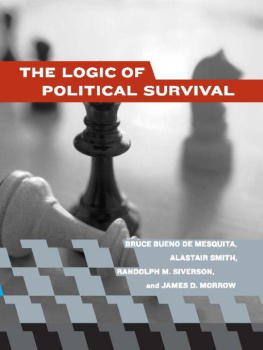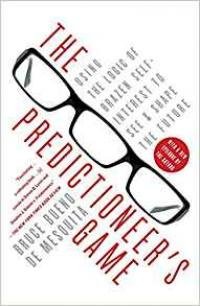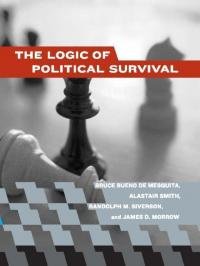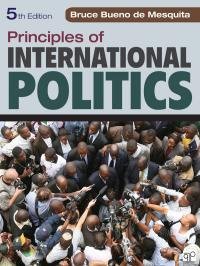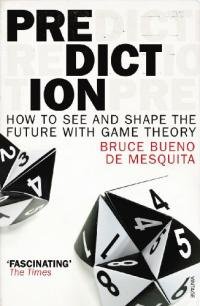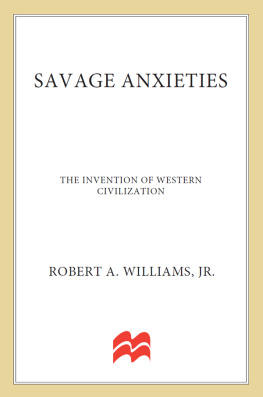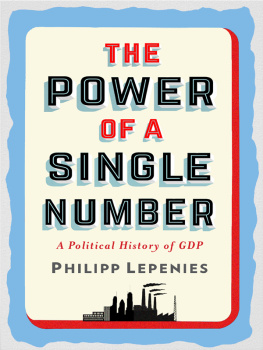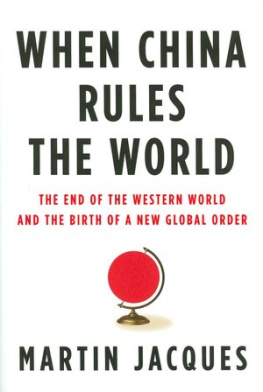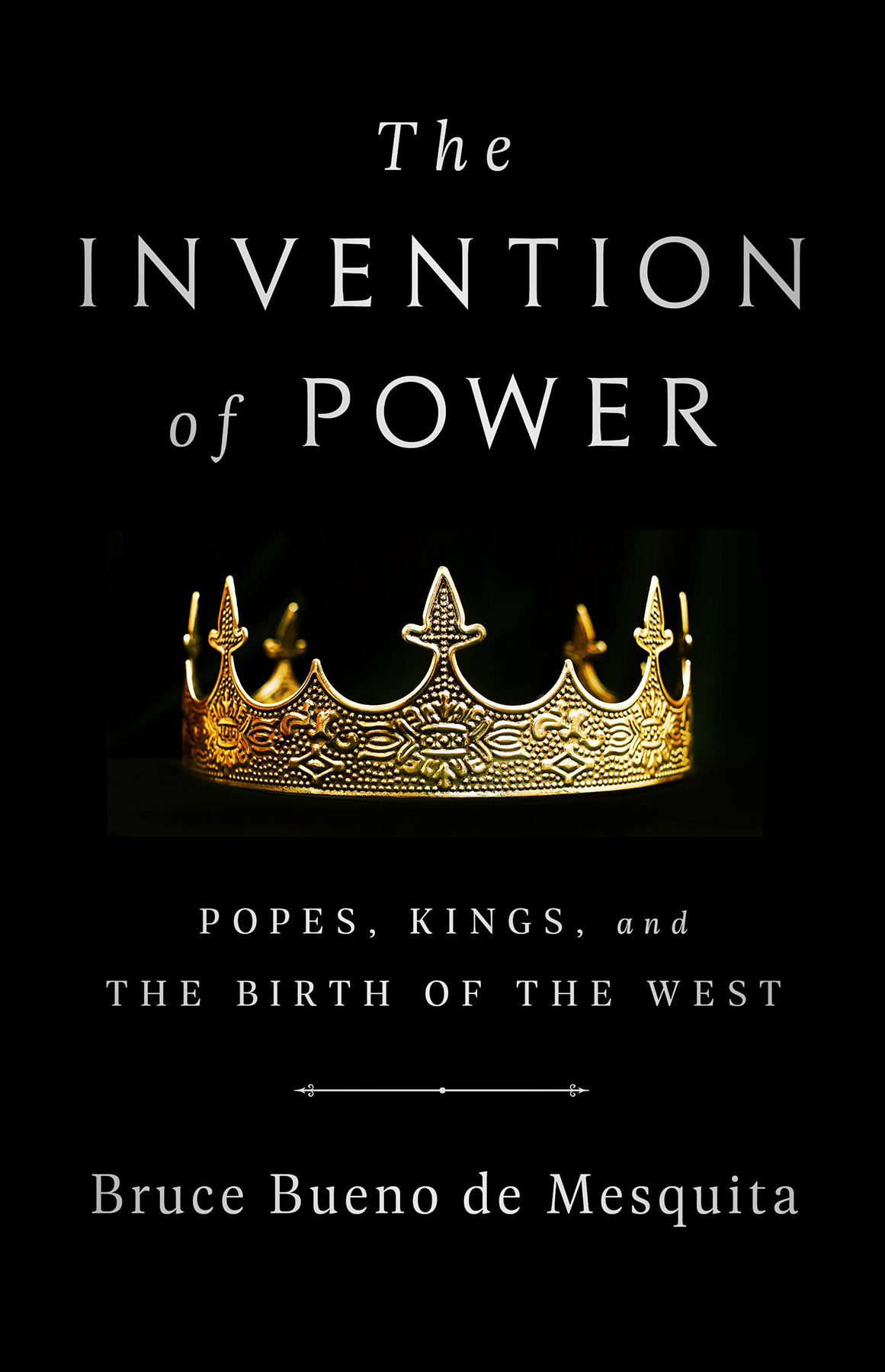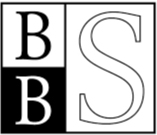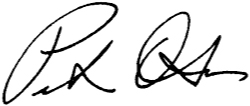PublicAffairs is a publishing house founded in 1997. It is a tribute to the standards, values, and flair of three persons who have served as mentors to countless reporters, writers, editors, and book people of all kinds, including me.
I.F. S TONE , proprietor of I. F. Stones Weekly, combined a commitment to the First Amendment with entrepreneurial zeal and reporting skill and became one of the great independent journalists in American history. At the age of eighty, Izzy publishedThe Trial of Socrates, which was a national bestseller. He wrote the book after he taught himself ancient Greek.
B ENJAMIN C. B RADLEE was for nearly thirty years the charismatic editorial leader ofThe Washington Post. It was Ben who gave the Post the range and courage to pursue such historic issues as Watergate. He supported his reporters with a tenacity that made them fearless and it is no accident that so many became authors of influential, best-selling books.
R OBERT L. B ERNSTEIN , the chief executive of Random House for more than a quarter century, guided one of the nations premier publishing houses. Bob was personally responsible for many books of political dissent and argument that challenged tyranny around the globe. He is also the founder and longtime chair of Human Rights Watch, one of the most respected human rights organizations in the world.
For fifty years, the banner of Public Affairs Press was carried by its owner Morris B. Schnapper, who published Gandhi, Nasser, Toynbee, Truman, and about 1,500 other authors. In 1983, Schnapper was described byThe Washington Post as a redoubtable gadfly. His legacy will endure in the books to come.
Peter Osnos, Founder
Copyright 2022 by Bruce Bueno de Mesquita
Cover design by Pete Garceau
Cover image iStock / Getty Images
Cover copyright 2022 by Hachette Book Group, Inc.
Hachette Book Group supports the right to free expression and the value of copyright. The purpose of copyright is to encourage writers and artists to produce the creative works that enrich our culture.
The scanning, uploading, and distribution of this book without permission is a theft of the authors intellectual property. If you would like permission to use material from the book (other than for review purposes), please contact permissions@hbgusa.com. Thank you for your support of the authors rights.
PublicAffairs
Hachette Book Group
1290 Avenue of the Americas, New York, NY 10104
www.publicaffairsbooks.com
@Public_Affairs
First Edition: January 2022
Published by PublicAffairs, an imprint of Perseus Books, LLC, a subsidiary of Hachette Book Group, Inc. The PublicAffairs name and logo is a trademark of the Hachette Book Group.
The Hachette Speakers Bureau provides a wide range of authors for speaking events. To find out more, go to www.hachettespeakersbureau.com or call (866) 376-6591.
The publisher is not responsible for websites (or their content) that are not owned by the publisher.
Library of Congress Cataloging-in-Publication Data
Names: Bueno de Mesquita, Bruce, 1946- author.
Title: The invention of power : popes, kings, and the birth of the West / Bruce Bueno de Mesquita.
Description: New York : PublicAffairs, [2022] | Includes bibliographical references and index.
Identifiers: LCCN 2021033991 | ISBN 9781541768758 (hardcover) | ISBN 9781541774407 (epub)
Subjects: LCSH: Civilization, WesternChristian influences. | Church and stateEurope, WesternHistory. | ExceptionalismEurope, WesternHistory. | Catholic Church. Treaties, etc. Holy Roman Empire, 1122 September 23.
Classification: LCC BR115.C5 B84 2022 | DDC 909/.09821dc23
LC record available at https://lccn.loc.gov/2021033991
ISBNs: 9781541768758 (hardcover), 9781541774407 (ebook)
E3-20211214-JV-NF-ORI
For Arlene:
Fifty-plus years of happiness and countingthe past has been great, the best is yet to come.
T he puzzle that this book confronts is simply stated: how can we explain Western exceptionalism? Resolving this puzzle is not merely a matter of historical curiosity. It is of the utmost importance. Its solution will identify strategies to improve life for billions of people today, and it will help quash the misguided and incorrect inferences tied to explanations for Europes successes based on claims that Europeans are culturally superior, that they are harder-working, smarter people, or that Europes God and its religions are superior to others. Those explanations are incorrect. They confuse correlation with causation, often with disastrous consequences. That is why I have spent more than twenty years studying how the competition between popes and kings a thousand years ago led to Europes exceptionalism.
It is not my intention to celebrate, denigrate, or deny Europes accomplishments. Rather, my objective is to explain the strategic, calculated maneuvers of popes and kings that produced those accomplishments. To do so, together we will explore the historical origins of Western exceptionalism as the product of three treaties signed in the twelfth century. We will see as a matter of logic and of evidence that a direct connection can be drawn between those treaties and variations in Europes secularization, economic growth, commitment to or eventual abandonment of the Catholic Church, and creation of accountable parliamentary government. Those logical connections run neither through religion nor through monarchy, although both were instruments of its realization. The connection to exceptionalism runs through the regulated competition that the three treaties put in place. I conclude by evaluating how those origins and their strategic implications for structured competition might be exploited by others today to secure the best parts of what Europe has achieved.
This investigation of Europes distinct economic, political, and social evolution is unlike any that has been offered before and, if judged to be right, can help serve as a blueprint for fostering such distinct accomplishments in every corner of the world. Then what seems most exceptional about the Westits tolerance, prosperity, and freedommight become routine everywhere. That is a tough order, of course, since, as we all know, the high and mighty are not keen to promote tolerance and freedom, although they do not object to prosperity.
Todays powerful leaders are no different on this score from their distant predecessors. Europes great powers in the Middle Ages, its popes, bishops, kings, and emperors, were not keen to promote tolerance and freedom. Todays powerful people also generally prefer to avoid such policies. But despite a widely held reluctance to encourage freedom and tolerance, somenot allof Europes medieval leaders helped create just such a world. They did so not out of any eagerness for it but, rather, out of narrow, self-interested choices made in and of the moment. Thankfully, by following the logic behind what they did (and the evidence that they followed that logic), we can better understand how and why Europe turned out as it did, both for better and for worse. History, after all, is most valuable when it teaches us lessons for the future. I believe the history examined here will do just that. It will show us the way to greater freedom and prosperity across our world while overturning misguided ideas that Europeans somehow were just smarter, more inventive, or otherwise superior to other people.


